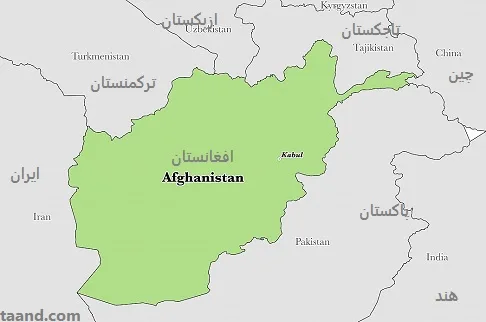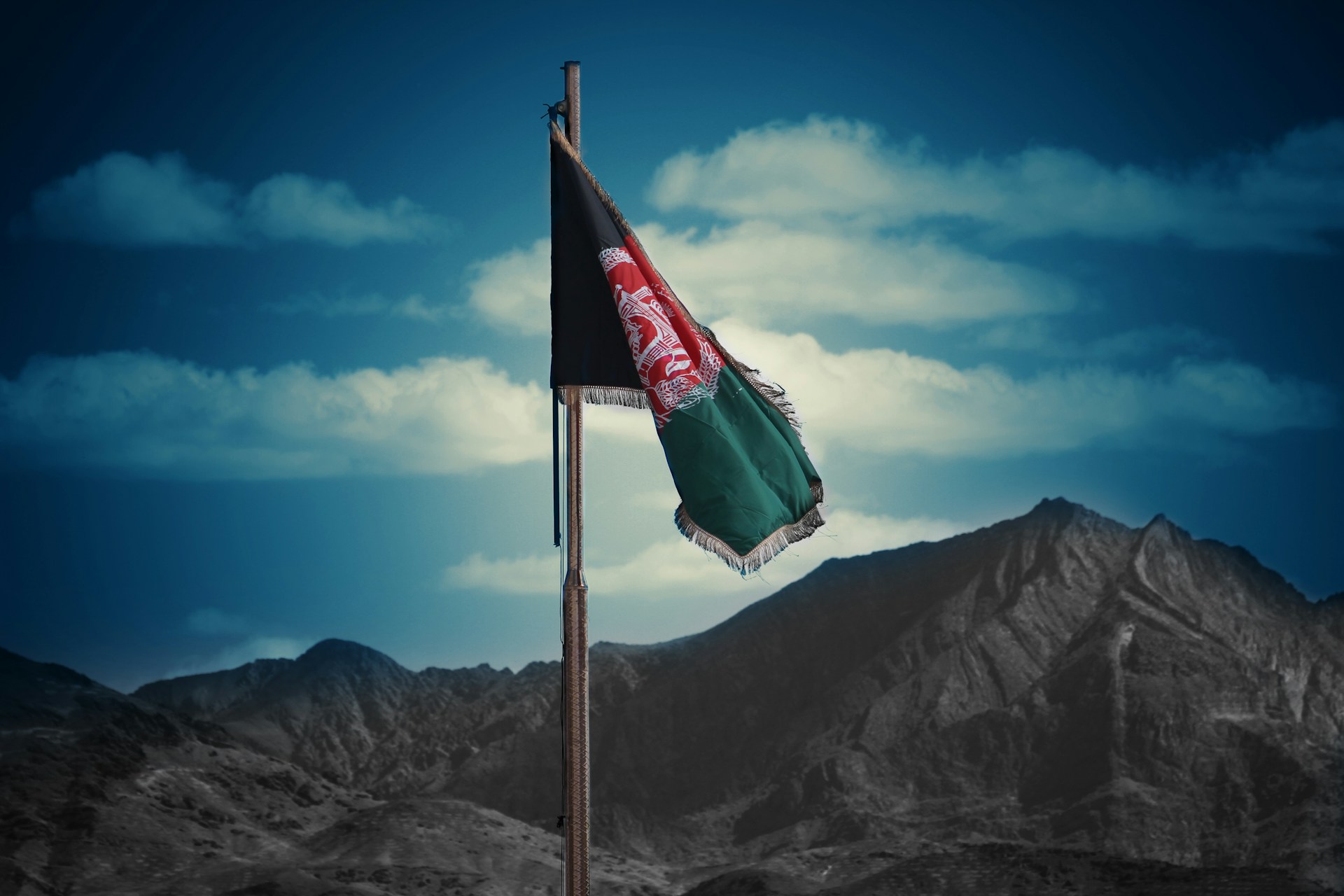From political inconstancy to military interventions, bad governance, dominance of particular groups, non-adherence to the regional and international environment and many others are the problems faced by Afghanistan which are highlighted in this report by Kabul Dialogue Group a research Centre of Afghan experts.
The report said that good governance must be based on the will, voting, advice of the people, and the constitution, and consist of the following components:
- Political power should not be monopolized by a specific tribe, political party, or group, and the participation, rights, and interests of all people, including men and women, Shiites and Sunnis, and people belonging to other religions, should be protected and ensured.
- Political biases and discriminations, including religious extremism, terrorism, physical and political suppression of opponents and critics, as well as restrictions on freedom of expression, are prohibited, and the rights and participation of women in political, social, economic, and scientific areas are protected and ensured. Violation of these principles will continue tensions and prolong the conflict in Afghanistan.
- After about five decades, to facilitate the transition to a civilized society, a population census should be conducted in a standardized manner.
- The compilation of various laws, regulation of health, safety, political and diplomatic areas, scientific and technological development, cyber technology and artificial intelligence, space and nuclear research, etc., should be entrusted to knowledgeable managers, specialists, and personnel.
As Afghanistan was still not completely free from tensions and conflicts, and national stability had not reached the necessary maturity, any separatist aspirations, including demands for federalism, etc. were inappropriate and harmful to the peaceful coexistence of different ethnic groups.
Such efforts did not address the real concerns of Afghans, did not lead to
National unity and did not conform to international standards of good governance; instead, they could cause additional worries and tensions in the country and the region.
Unfortunately, Afghanistan was witnessing further poor governance at a time when the region and the world were undergoing profound changes. The international order was shifting from a unipolar world to multipolarity. Given new political and economic conditions, the focus of the new world order is shifting to the immediate vicinity of Afghanistan; therefore, we must be prepared to align ourselves with this political transition.
In such a sensitive situation, it is important for Afghans to develop the maturity and capability to determine the fate and future of the country from within.
Any government determined to be recognized and accepted in the international community must strictly adhere to international laws and conventions.
Isolated and disruptive governments not only hinder the economic connectivity of the region and the world but also could pose a potential threat to their stability and security.
Such governments primarily burden their own population and impede their development, prosperity, and satisfaction.
Just as corruption, electoral fraud, and imported ideologies were clearly contradictory to the principles of democracy, so was resistance to schools, modern sciences, girls’ education, and women’s work a clear paradox to the sacred religion of Islam and Sharia law.
This type of governance and lifestyle could ensure Afghanistan’s respected presence in the regional and international community.
To establish good governance in Afghanistan, the separation of powers into legislative, executive, and judicial branches was essential.
In good and stable governance, security forces and the judiciary must be neutral and should not belong to any specific ethnicity, political party, or group. Undoubtedly, religious scholars and the media also play a significant role in good governance.
In a stable and prosperous post-conflict Afghanistan, the following measures were necessary for lasting peace, social security, peaceful coexistence, and the legitimacy of the government:
A) The form of the state structure must be based on the will of the people.
B) Governance should be based on the voices of the people and elections.
C) The activities of political parties, civil society, and the media, as well as the conduct of ceremonies, rituals, and the personal status of followers of all religions, should enjoy legal immunity and guarantees. Finally, the government should commit, on a legal basis, to all international laws and conventions, including the United Nations Charter, which is not in contradiction with the sacred religion of Islam.
Views: 21












